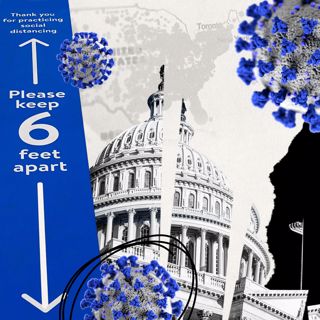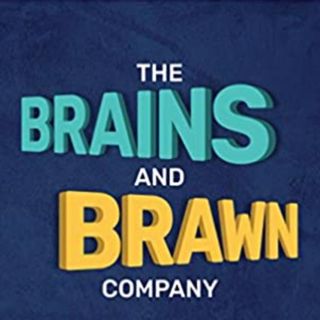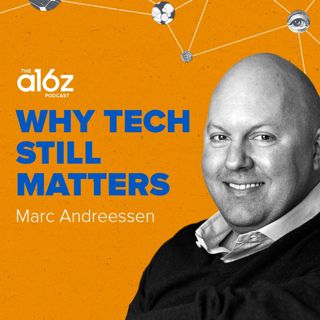
Kickstarting Network Effects
What are network effects? [1:32]How do you cold start and get your first users? [2:33]Atomic networks and why minimum viable community is more important than minimum viable product [6:36]How do you cu...
6 Dec 202131min

NFTs, Explained
Given all the activity and interest recently around crypto and web3, as well as in upcoming holidays and art events, we’re re-running our episode all about NFTs (from March 2021) -- where we covered e...
25 Nov 202156min

Play-to-Earn Gaming and How Work is Evolving in Web3
In today's episode we’re talking about an emerging model of gaming called play to earn, in which players can make actual money based on how much time and effort they put into a game. Play to earn is a...
11 Nov 202123min

On container ships, supply chains, and the physical world
"Beyond the Meme: Ever Given, Supply Chains, and the Physical World" -- by Ryan Petersen (June 2021). Bio + essay details/ originally appeared at: https://future.a16z.com/beyond-the-meme-ever-given-su...
2 Nov 202116min

Crypto Security and the New Web3 Mindsets for Users
Today’s episode is all about crypto security — that is, the new mindsets and the new strategies for storing crypto assets safely while also allowing holders control and access. As a reminder, none o...
15 Okt 202131min

Cloud Wars and Company Wars: Play Nice But Win
There are lots of challenges in being public while trying to innovate, and limits to being a private company as well; but it's rare to see a company go public then private then back to public again. A...
2 Okt 202152min

Uncontrolled Spread: Science, Policy, Institutions, Infrastructure
There's no question technology played a huge role in the recent/current pandemic, including especially in the plug-and-play engineering and incredibly fast development behind the mRNA vaccines... But ...
20 Sep 202156min

Systems Leadership for Disruptors and Incumbents
There's been a false dichotomy in technology and management lore over the past decade, between "brain" and "brawn", digital and physical, independence and interdependence, software culture versus indu...
24 Juli 202148min






















